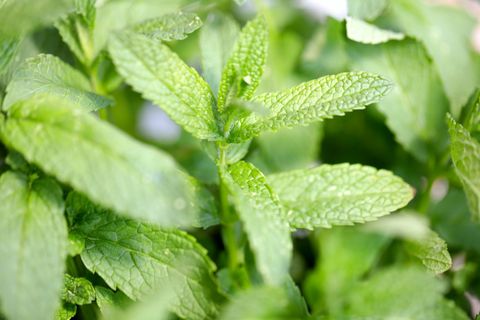Alcohol-Free
Food
Alcohol
Cooking
How to cook great food - without using alcohol

by Christine Humphreys
Published: January 20, 2021 Last updated: November 30, 2023
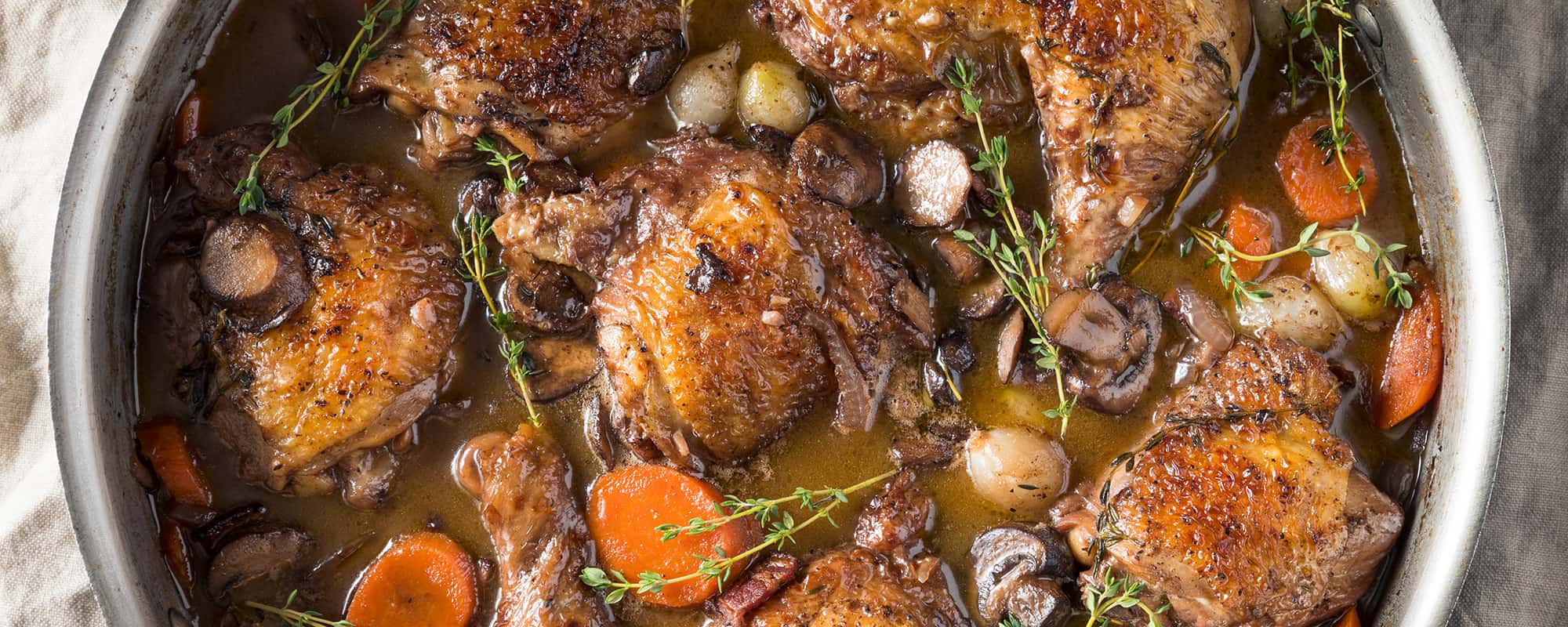
Avoiding alcohol may not just be about steering clear of the ‘demon in the bottle’. Many people who have quit drinking are also wary of alcohol in cooking.
The levels of wine in a coq au vin or beef bourguignon are unlikely to trigger a relapse – and the amounts of alcohol certainly won’t make you drunk.
But for the chef in recovery, cooking with alcohol can be a big trigger – and if it’s your guest who wants a meal without wine or beer, be a good host.
Some people may have a health issue, be a recovering alcoholic, or simply prefer the health benefit of avoiding alcohol.
As the former-wife of a recovering alcoholic, I’ve spent many an hour or two dutifully scrutinising the labels on ready-meals in the supermarket to make sure there was no alcohol in the ingredients.
Many substitutes that give great results
I’m no chef, but I do remember cooking pork in cider with apple juice as a substitute for alcohol. This worked fine and this was before my husband had embraced sobriety.
Wine in cooking goes back a long way on the continent, and beer has long been used to add flavour to food such as a British beef stew.
But there are many substitutes for alcohol in food and, while some might argue its sacrilege to skip the wine in a French style beef stew, a recipe can be adapted to include a non alcoholic substitute.
Alcohol-free wine and beer are an excellent non-alcoholic substitute to add more depth of flavour to a sauce.
Meals made with alcohol-free wine, beer or apple cider can be just as tasty and mimic the flavour profile of the original recipe.
A de-alcoholised wine maintains many of the qualities of the original wine and has more texture than fruit juice.
Alcohol-free and non-alcoholic beers, especially stouts and ales can make a delicious addition to casseroles and stews.
If you’re using de-alcoholised red wine with red meat, you can add another level to the dish by adding dark chocolate or cocoa to the mix for more depth of flavour.
When the recipe calls for white wine, there are many in the alcohol-free wine range that make perfect sauces or marinades.
Don't add substitutes too soon
Alternatively, you can also use juice in a recipe as a wine substitute. Various types of juice can be used as substitutes for wine. Grape juice is the obvious choice but you can also use pomegranate juice, cranberry juice or lemon juice.
When using juice in a recipe, you may want to introduce some vinegar to add acidity and counterbalance the high sugar content of the fruit juice. Although remember even malt vinegar contains around 0.2% alcohol-by-volume.
A tablespoon of vinegar added to white grape juice can do the trick to add another layer to sauces for white meat or fish dishes.
The thing to remember when using alcohol-free wine or beer as an alcohol substitution is that the alcohol in these products has already been removed.
Adjust the recipe so you avoid adding it to the liquid too soon, and lower temperatures to avoid losing the flavour in the final dish.
There are lots of sober chefs out there who have made it their goal to create top class dishes without alcohol and there are plenty of recipes you can follow to be sure of “compliments to the chef!”

About The Author
Christine Humphreys
Chris Humphreys is the co-founder of The Alcohol-Free Shop and AlcoholFree.com. She was a journalist for more years than she cares to remember. Ex-wife of an alcoholic, enthusiastic amateur musician and a passionate dog lover.
10 Delicious Non-Alcoholic Drink Recipes You Can Make Right Now With Ingredients You Probably Already Have In Your Kitchen
January 05, 2023

Calm your stomach with these delicious ginger biscuits!
September 15, 2021
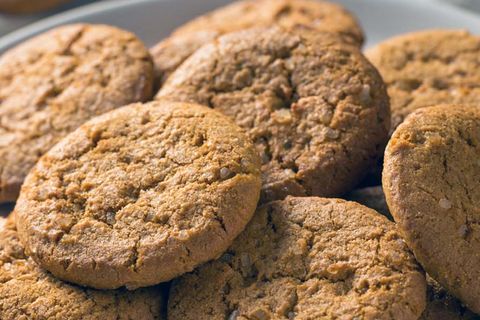
Are alcohol-free drinks safe during pregnancy?
May 28, 2021
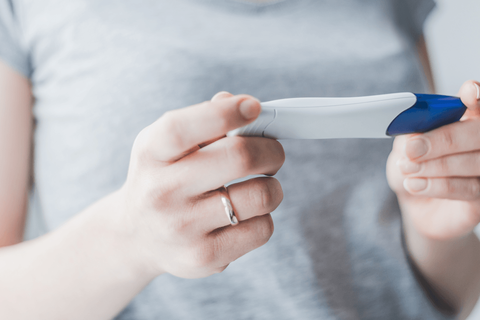
Is there a non-alcoholic red wine that tastes as full-bodied as Apothic red?
April 22, 2021
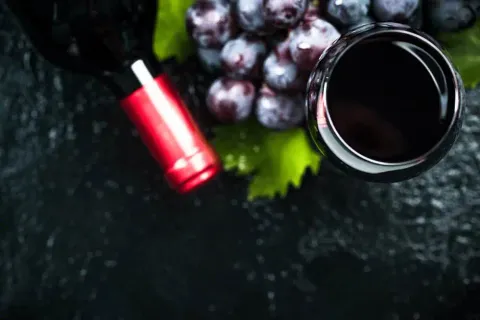
How many units of alcohol in a bottle of alcohol-free wine?
January 27, 2021
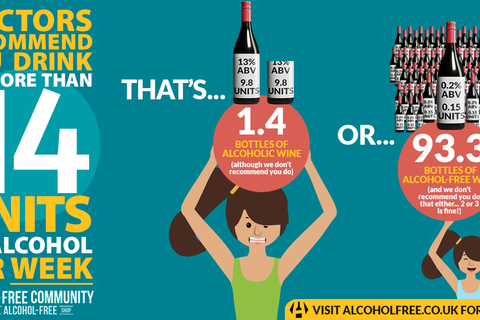
Do you have any alcohol-free Malbecs?
January 24, 2021
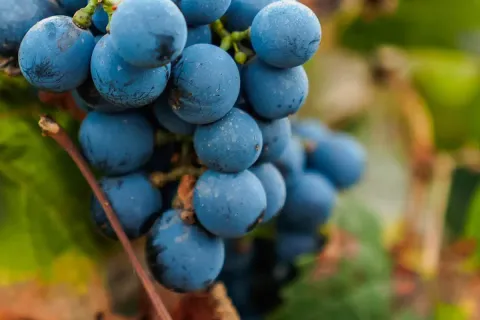
Does alcohol burn-off during cooking?
January 20, 2021
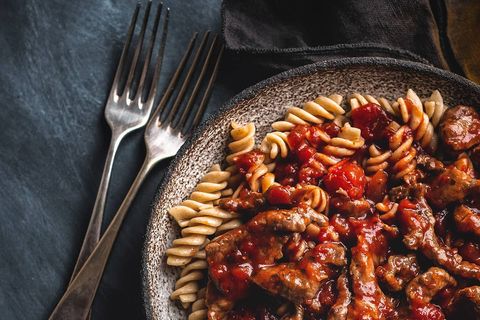
Are mints good for someone in recovery from alcoholism?
September 21, 2020
